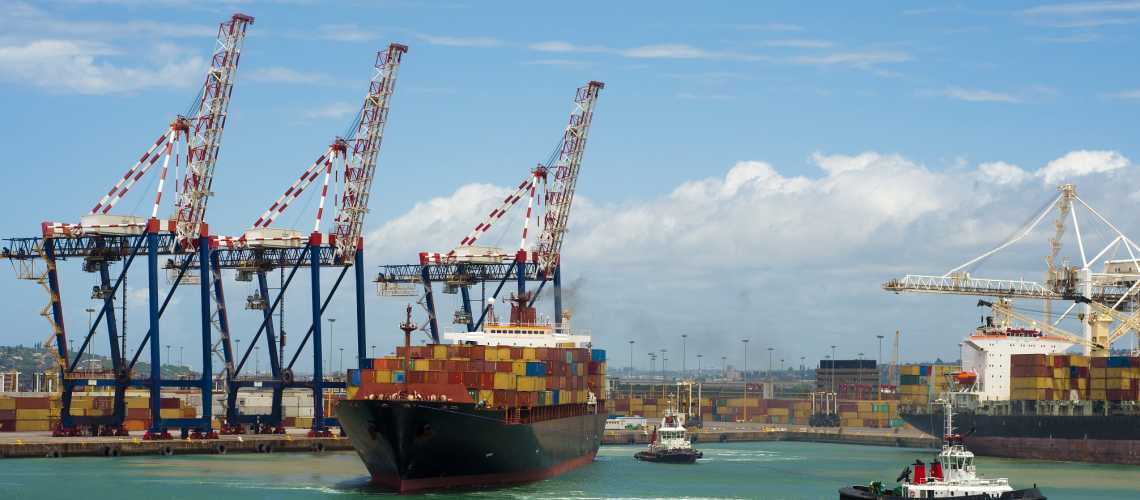Making trade are better for the poor

The partnership between trade, growth and poverty reduction is unequivocal. From 1990 to 2017 growing countries increased their talk about of global exports from 16 percent to thirty percent. Simultaneously, intense poverty plunged from 36 percent to 9 percent.
But for each and every tariff that is lifted or regulation that spurs competition, you will find a potential business owner or worker whose livelihood reaches risk.
Changes in trade coverage create winners and losers, quite often undermining popular support for trade liberalization, triggering increasing support for financial nationalism. Also for the staunchest defenders of trade, it really is vital to identify that the distributional impacts of trade have already been uneven and unequal. Benefits and losses have been heavily concentrated in some sectors, jobs, and areas. To make sure support for trade, we must reduce regional and sectoral disparities, putting plans in destination to spread gains more generally.
The recently released World Bank report, “The Distributional Impacts of Trade: Empirical Innovations, Analytical Tools, and Policy Responses,” not only examines the incontrovertible links between global trade and poverty reduction but advances our understanding of how “trade shocks” - rapid increases or decreases in trade - affect the poor and how policies can make sure that benefits are shared more widely.
It looks closely at the impact of trade in wages, employment, and profit of the indegent in five countries: Bangladesh, Brazil, Mexico, South Africa, and Sri Lanka. This function is vital at the same time when the adverse distributional impacts of trade connected with globalization are progressively used as an argument for protectionism.
While the aggregate gains from trade are plainly established, a burgeoning literature within economics has demonstrated that the losses from trade may be deeper, extra concentrated, and longer-lasting than previously understood. The literature, nevertheless, has been focused primarily on advanced economies. This statement enhances our knowledge of the distributional impacts of trade in producing countries and provides guidance on guidelines to create trade more inclusive.
"As the world strives to recuperate from the COVID-19 pandemic, the value of trade could be more critical than ever before to growth, task creation and poverty reduction."
Take the exemplory case of Bangladesh, where rising exports have heightened wages and helped women transition into formal sector careers. A $100 gain in exports per worker between 2005 and 2010 led to a 0.7 percent reduction in informality in districts with an increased contact with trade. The results on wages and reduced amount of informality spread through the entire economy over time.
Looking to the near future, the research implies that if Sri Lanka lowered its trade barriers it would boost GDP progress and international trade even while reducing poverty. Nonetheless it would likewise create better wage inequality. Without complementary policies, the gains would become concentrated in urban areas. Improving the business enterprise environment and lowering the mobility costs for personnel could spread gains extra widely.
Importantly, the report’s analysis shows that countries should continue seeing trade simply because a pathway to production. Among its most significant lessons is normally that maximizing increases in size from trade requires a comprehensive and economy-wide approach.
Developing countries may use these tools to raised understand probable distributional impacts before policies are implemented, monitor their execution, and coordinate responses throughout government.
The report also provides practical solutions countries can implement to make sure trade supports poverty reduction and shared prosperity. These include policies that decrease distortions and produce it easier to conduct business, decrease trade costs through better trade facilitation and logistics, and increase labor market adjustment in order that workers can find new jobs.
As the environment strives to recuperate from the COVID-19 pandemic, the importance of trade will be more critical than ever before to growth, job creation and poverty reduction.
Tags :
Previous Story
- Kamal unaware of FBCCI arrange for new bank
- Bangladesh Economy Shows Early Signs of Recovery Amid...
- Small businesses yet to receive stimulus even as...
- Remittance declines 7.17% from top countries in Q4...
- Investment in Bangladesh govt securities fetches record profit...
- Women entrepreneurs need particular financial support: experts
- Bank of America to attain net-zero emissions before...
- 'Bangladesh has the virtually all complicated LC opening...